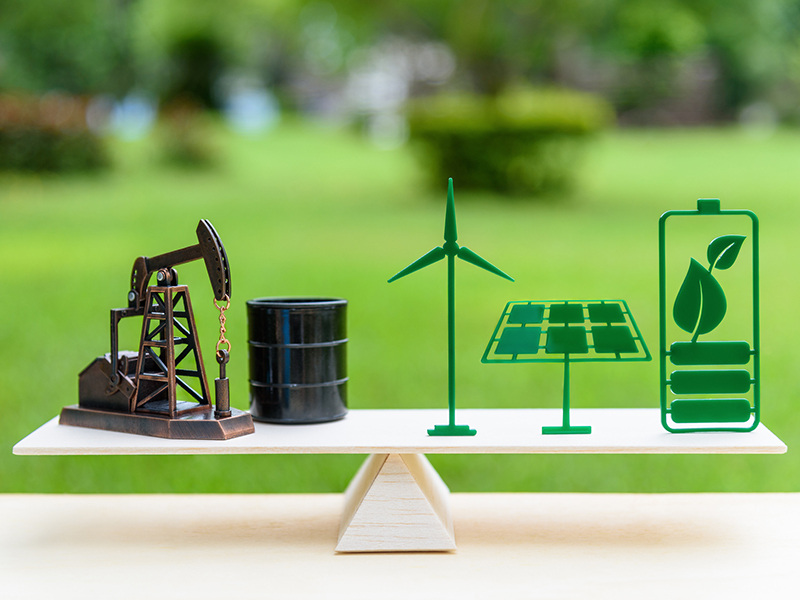
Following almost a decade of bearish sentiment, nuclear is making a comeback.
“The road of nuclear energy has been a very bumpy one,” said Nick Piquard, portfolio manager and options strategist with Horizons ETFs Management (Canada) Inc., speaking at the ETFinsight Conference on Thursday.
For the past decade, there’s been anti-nuclear sentiment following the Fukushima meltdown in Japan. However, Russia’s invasion of Ukraine sparked an energy crisis and brought near-term policies with nuclear power as a clean fuel source back in favour.
For investors, this presents a number of opportunities, Piquard said.
Uranium stocks are finally emerging from a bear market that lasted several years. As countries around the world rethink their energy policies, “nuclear energy is going to have to be a part of the equation,” Piquard said.
Greater consumption of nuclear power will drive demand for uranium higher, and Piquard said investors should look to uranium producers for opportunities: “Overall, there are a lot of positives in the sector.”
However, for investors interested in sustainability, the question remains: Does nuclear belong in a fund that incorporates ESG?
Jeremy Lin, portfolio manager at Purpose Investments, said he doesn’t think ESG investors have fully appreciated how far the technology has come. From a safety standpoint, he said there is still a disconnect in the way investors view nuclear power.
“I always blame The Simpsons for showing that radiative gooey green in every episode,” he said.
Advanced technology is being developed to make nuclear energy more scalable, easier to build and easier to deploy, Lin said. He argues that nuclear power should be an integral part of global energy solutions, “especially if you are in a country without natural resources” such as Japan and Germany, which had halted nuclear production.
Lin said he thinks the general population underestimates just how much fossil fuel is used on a daily basis. There isn’t enough oil to go around, he said, and renewables aren’t making up the difference.
The Russia-Ukraine conflict accentuated that fact. “People now have this appreciation that we can’t transition overnight,” Lin said.
Hydroelectricity, wind, solar and geothermal alone won’t get the economy to net-zero; nuclear can step in to meet base energy demand immediately, he said.
“It’s only a matter of time, globally, until we recognize that this has to be a part of the solution,” he said. “We are definitely very excited about the space.”